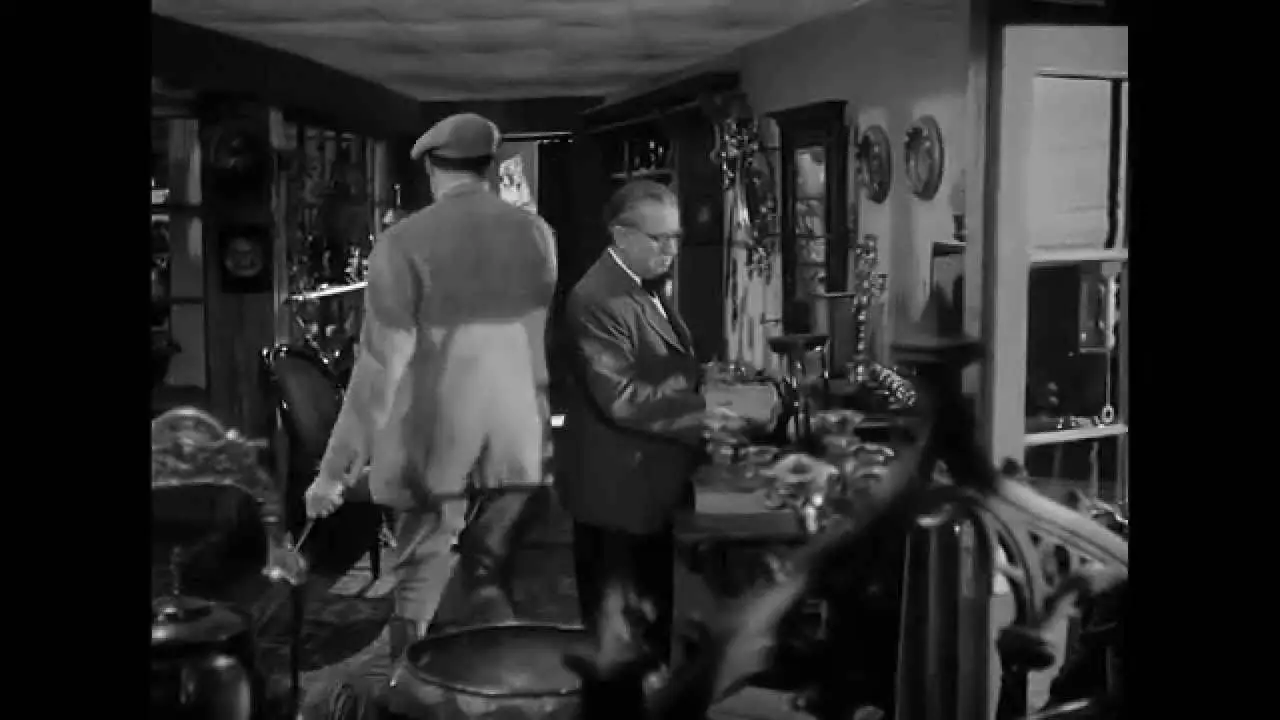There’s no better time than the Halloween season to go back and watch through the classic catalogue of Universal monsters. For many fans, this will always be the classic era. This was the time and these were the characters that truly catapulted the genre into the mainstream consciousness. Frankenstein, Dracula, The Wolf Man, The Mummy, The Phantom of the Opera, the Invisible Man and the Creature from the Black Lagoon—everybody knows who these characters are.
That’s amazing, when you think about it. These monsters have endured for over eighty years. Some have suffered endless sequels and reboots while others, like the Wolf Man have not been followed by any direct sequels. He still remains popular, however. As fans, we’re still wondering if people will remember Jason Voorhees twenty years from now. We can only hope for characters that endure in the public consciousness as much as these have.
These monsters, with maybe the exception of the Invisible Man, have endured for one reason that is still hard to pull off today: They elicit sympathy. They were the bad guys in their movies, but none of them asked to be this way. Frankenstein’s Monster is the classic example. He’s feared and hated simply for the way he looks and the way he was made, but he doesn’t try to be malicious. He’s simply trying to protect himself. The Mummy didn’t ask to be returned to life hundreds of years after his torturous death, pining for the reincarnation of his long-lost forbidden love. Even Dracula is cursed with immortality, longing for death to release him from his condition.

Yet he persisted as a tragic figure, showing up even more desperate and sad in each appearance, from Frankenstein Meets the Wolf Man to House of Frankenstein and House of Dracula and even Abbott and Costello Meet Frankenstein. While many roles such as Dracula and the Monster were often recast, Wolf Man was played by Lon Chaney Jr. in every appearance. That, I think, helped to cement the development of his character.
Larry Talbot is a man who is well and truly cursed. What’s interesting about him, though, looking at the original film, is that he’s not actually a very good person at the start of that picture. He’s brash, arrogant, creepy toward women to the point of spying on them with a giant telescope and then using the information he learns to flirt with them.
 It’s not until after he gets bitten that Larry actually becomes an overly sympathetic character. There’s a strong element of Jekyll/Hyde to the way Wolf Man approaches being a werewolf. Once the beast inside of Larry is unleashed, there’s a balance to him that wasn’t there before, at least not clearly. All of his animal instincts and urges take on their own form, allowing Larry to be a much softer, kinder human being.
It’s not until after he gets bitten that Larry actually becomes an overly sympathetic character. There’s a strong element of Jekyll/Hyde to the way Wolf Man approaches being a werewolf. Once the beast inside of Larry is unleashed, there’s a balance to him that wasn’t there before, at least not clearly. All of his animal instincts and urges take on their own form, allowing Larry to be a much softer, kinder human being.
We’re terrified for Larry because he’s terrified of himself and of what he might do. Nobody is more afraid of the Wolf Man than the Wolf Man himself and that, I think, is the key to the character’s lasting legacy. It’s a type of story that was made mainstream by this film, but has influenced so many projects that came after it, most notably The Incredible Hulk.
After the first entry, Larry remains a unique and interesting character. In many ways, he’s the character that was kept most faithful and intact as the Universal series progressed, even though he never got a solo sequel of his own. After not being killed at the end of the original, Larry discovers that he cannot die and seeks a way to end his existence to keep from killing anyone else.
 There’s a heavy element of survior’s guilt woven into the original Wolf Man story that only strengthens and grows throughout Frankenstein Meets the Wolf Man and beyond. Written by a Jewish German during Hitler’s rise to power, this comes as no surprise. One of the major thematic elements is Larry feeling as though he should be the one who is punished, he should be the one who died instead of the poor girl attacked by the wolf that bit him. This is something that was felt by many if not most survivors of the holocaust and other atrocities committed toward Jewish people during the time.
There’s a heavy element of survior’s guilt woven into the original Wolf Man story that only strengthens and grows throughout Frankenstein Meets the Wolf Man and beyond. Written by a Jewish German during Hitler’s rise to power, this comes as no surprise. One of the major thematic elements is Larry feeling as though he should be the one who is punished, he should be the one who died instead of the poor girl attacked by the wolf that bit him. This is something that was felt by many if not most survivors of the holocaust and other atrocities committed toward Jewish people during the time.
The Wolf Man is one of the most complex, most fascinating horror films of its era and produced a truly iconic character. He’s a monster with no control over himself, someone with dark and powerful urges that he must overcome on a daily basis. It’s a basic character element that we can all relate to on some level. More than any of the other classic horror monsters, the Wolf Man did not ask to become what he became. This sympathy is rare in modern horror antagonists and is the reason why characters like this have lasted so long. And as long as the full moon still rises, the Wolf Man will continue on as an everlasting genre icon.






